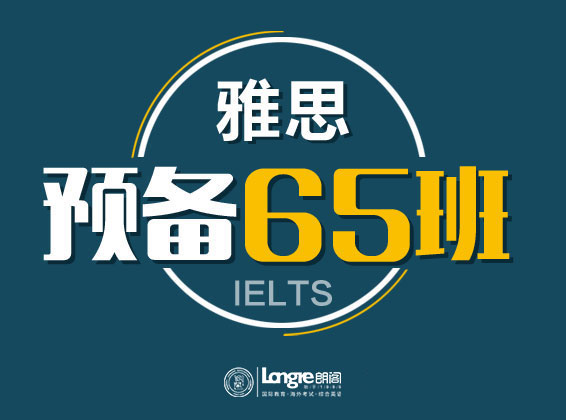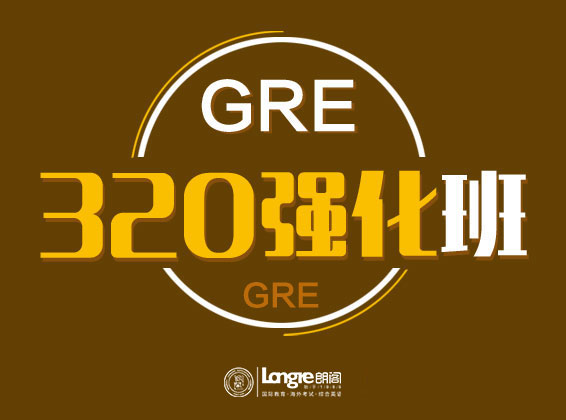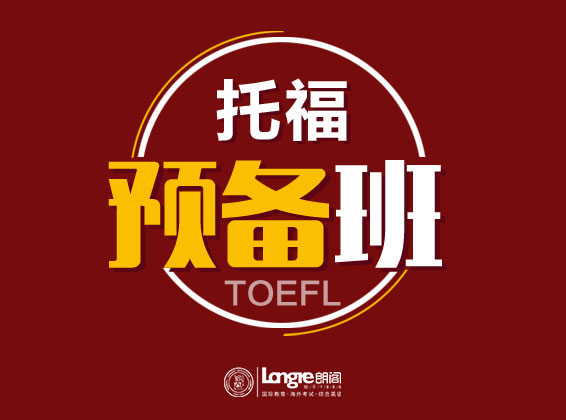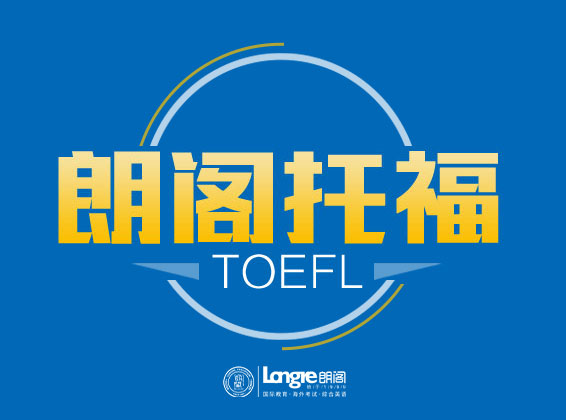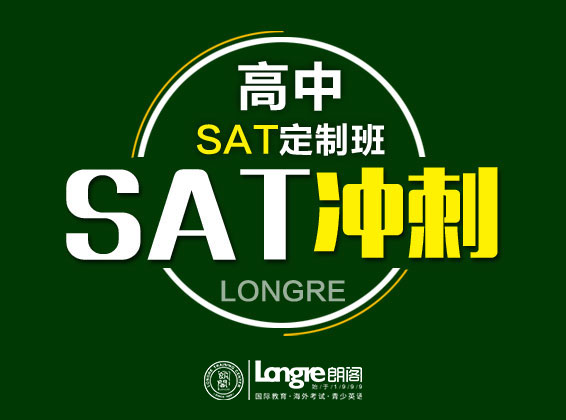|
P1 英国纺织服装的发展 P2 年龄与大脑 P3 园艺种植 朗阁讲师点评 1. 本场考试的难度中等。**篇相对比较简单,第二篇是考察很多次的旧题,第三篇的难度稍大,但难度也属于***后一篇的正常范围。 2. 整体分析:涉及制造业(P1)、心理学(P2)、社科类(P3)。 **篇文章暂时题型缺失,但据学生反馈难度并不大。 第二篇文章是考过很多次的文章,题型搭配是:段落信息匹+人名匹+填空。虽然匹配题较多,但人名匹相对来说算是比较好定位也比较好做的一种题型了。所以整体难度也OK。 第三篇文章题型搭配是:判断+选择。依然是常规的题型,文章整体难度也不算特别大。 3. 部分答案及参考文章: Passage 1:澳大利亚糖厂 题型:缺失 具体文章及答案待确认 Passage 2:年龄与大脑 题型:段落信息匹配(5题)+人名匹配(4题)+填空(4题) 参考文章: A. Aging, it is now clear, is part of an ongoing maturation process that all our organs go through. In a sense, aging is keyed to the level of vigor of the body and the continuous interaction between levels of body activity and levels of mental activity," reports Arnold.B Scheibel, M.D., whose very academic title reflects how once far-flung domains now converge on the mind and the brain. Scheibel is professor of anatomy, cell biology, psychiatry, and behavioral sciences at the University of California at Los Angeles, and director of the university' s Brain Research Institute, Experimental evidence has backed up popular assumptions that the aging mind undergoes decay analogous to that the aging body. Younger monkeys, chimps, and lower animals consistently outperform their older colleagues on memory tests. In humans, psychologists concluded, memory and other mental functions deteriorate over time because of inevitable organic changes in the brain as neurons die off. Mental decline after young adulthood appeared inevitable. B. Equipped with imaging techniques that capture the brain in action, Stanley Rapoport, Ph.D., at the National Institutes of Health, measured the flow of blood in the brains of old and young people as they went through the task of matching photos of faces. Since blood flow reflects neuronal activity, R apoport could compare which networks of neurons were being used by different subjects. Even when the reaction times of older and younger subjects were the same, the neural networks they used were significantly different. The older subjects were using different internal strategies to accomplish the same result in the same time," Rapoport says. Either the task required greater effort on the part of the older subjects or the work of neurons originally involved in tasks of that type had been taken over by other neurons, creating different networks. C. At the Georgia Institute of Technology, psychologist Timothy Salthouse, Ph.D., compared a group of very fast and accurate typists of college age with another group in their 60s. Since reaction time is faster in younger people and most people's fingers grow less nimble with age, younger typists might be expected to tap right along while the older ones fumble. But both typed 60 words a minute. The older typists, it turned out, achieved their speed with cunning little strategies that made them far more efficient than their younger counterparts: They made fewer finger movements, saving a fraction of a second here and there. They also read ahead in the text. The neural networks involved in typing appear to have been reshaped to compensate for losses in motor skills or other age changes. D. When a rat is kept in isolation without playmates or objects to interact with, the animal's brain shrinks, but if we put that rat with 11 other rats in a large cage and give them an assortment of wheels, ladders, and other toys, we can show - after four days - significant differences in its brains," says Diamond, professor of integrative biology. Proliferating dendrites first appear in the visual association areas. After a month in the enriched environment, the whole cerebral cortex has expanded, as has its blood supply. Even in the enriched environment, rats get bored unless the toys are varied. Animals are just like we are. They need stimulation," says Diamond. E. One of the most profoundly important mental functions is memory- notorious for its failure with age. So important is memory that the Charles A. Dana Foundation recently spent $8.4 million to set up a consortium of leading medical centers to measure memory loss and aging through brain-imaging technology, neurochemical experiments, and cognitive and psychological tests. One thing, however, is already fairly clear - many aspects of memory are not a function of age at all but of education. Memory exists in more than one form. What we call knowledge - facts - is what psychologist such as Harry P. Bahrick, Ph.D., of Ohio Wesleyan University calls semantic memory. Events, conversations, and occurrences in time and space, on the other hand, make up episodic or event memory, which is triggered by cues from the context. If you were around in 1963 you don't need to be reminded of the circumstances surrounding the moment you heard that JFK had been assassinated. That event is etched into your episodic memory. F. When you forget a less vivid item, like buying a roll of paper towels at the supermarket, you may blame it on your aging memory. It's true that episodic memory begins to decline when most people are in their 50s, but it's never perfect at any age. Every memory begins as an event," says Bahrick. Through repetition, certain events leave behind a residue of knowledge, or semantic memory. On a specific day in the past, somebody taught you that two and two are four, but you’ve been over that information so often you don't remember where you learned it. what started as an episodic memory has become a permanent part of your knowledge base." You remember the content, not the context. Our language knowledge, our knowledge of the world and of people, is largely that permanent or semi-permanent residue. G. Probing the longevity of knowledge, Bahrick tested 1,000 high school graduates to see how well they recalled their algebra. Some had completed the course as recently as a month before, others as long as 50 years earlier. He also determined how long each person had studied algebra, the grade received, and how much the skill was used over the course of adulthood. Surprisingly, a person's grasp of algebra at the time of testing did not depend on how long ago he'd taken the course - the determining factor was the duration of instruction. Those who had spent only a few months learning algebra forgot most of it within two or three years. H. In another study, Bahrick discovered that people who had taken several courses in Spanish, spread out over a couple of years, could recall, decades later, 60 per cent or more of the vocabulary they learned. Those who took just one course retained only a trace after three years. This long-term residue of knowledge remains stable over the decades, independent of the age of the person and the age of the memory. No serious deficit appears until people get to their 50s and 60s, probably due to the degenerative processes of aging rather than a cognitive loss." I. You could say meta-memory is a byproduct of going to school," says psychologist Robert Kail, Ph.D., of Purdue University, who studies children from birth to 20 years, the time of life when mental development is most rapid. "The question-and- answer process, especially exam-taking, helps children learn - and also teaches them how their memory works." This may be one reason why, according to a broad range of studies in people over 60, the better educated a person is, the more likely they are to perform better in life and on psychological tests. A group of adult novice chess players were compared with a group of child experts at the game. In tests of their ability to remember a random series of numbers the adults, as expected, outscored the children. But when asked to remember the patterns of chess pieces arranged on a board, the children won. "Because they' d played a lot of chess, their knowledge of chess was better organized than that of the adults, and their existing knowledge of chess served as a framework for new memory," J. Specialized knowledge is a mental- resource that only improves with time. Crystallized intelligence about one 's occupation apparently does not decline at all until at least age 75, and if there is no disease or dementia, may remain even longer. Special knowledge is often organized by a process called chunking." If procedure A and procedure B are always done together, for example, the mind may merge them into a single command. When you apply yourself to a specific interest - say, cooking - you build increasingly elaborate knowledge structures that let you do more an do it better. This ability, which is tied to experience, is the essence of expertise. Vocabulary is one such specialized form of accrued knowledge. Research clearly shows that vocabulary improves with time. Retired professionals, especially teachers and journalists, consistently score higher on tests of vocabulary and general information than college students, who are supposed to be in their mental prime. 参考答案: 14.F 15.C 16.B 17. 待补充 18.A 19.A 20.C 21.A 22.D 23.Ability 24.85 25. 待补充 26.Memory Passage 3:园艺种植 具体文章,题型和参考答案待确认 考试建议 1. 目前的考试趋势,依然是**篇以判断、填空为主,所以在准备的过程中,还是要继续,多做这种题型的搭配。到了第二篇会出现题型的多样化,包括选择题、匹配题之类,只要记住匹配题都是放在***后来做,就可以了。平时的练习中,也多注意这一类的题型搭配,合理使用做题顺序,节省做题时间。 2. 下场考试的话题可能有生物类,社科类和文学类。 3. 重点浏览2014到2019年机经。 |
文中图片素材来源网络,如有侵权请联系删除






